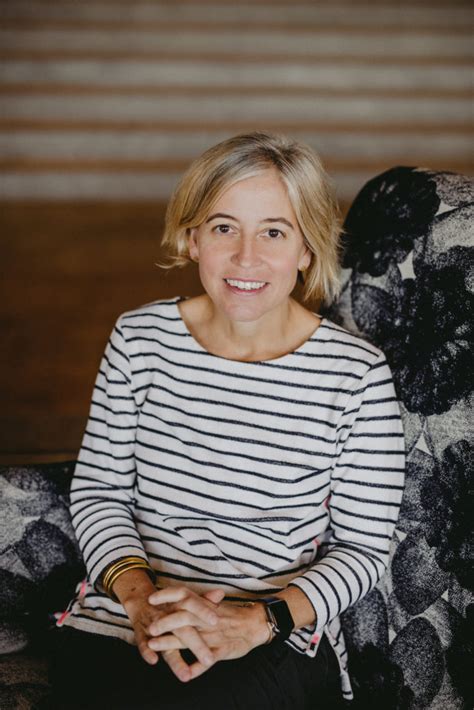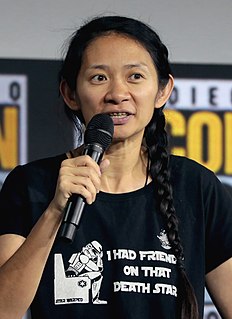A Quote by Amy Richards
[T]he presence of feminism in our lives is taken for granted. For our generation, feminism is like fluoride. We scarcely notice we have it - it's simply in the water.
Related Quotes
I think feminism has always been global. I think there's feminism everywhere throughout the world. I think, though, for Western feminism and for American feminism, it not so surprisingly continues to center Western feminism and American feminism. And I think the biggest hurdle American feminists have in terms of taking a more global approach is that too often when you hear American feminists talk about international feminism or women in other countries, it kind of goes along with this condescending point of view like we have to save the women of such-and-such country; we have to help them.
There are so many things that we have to be very concerned about. But I always come back to feminism. People look at me sideways now and are like, "With everything going on, the destruction of the environment, these endless wars, this capitalism that has a stranglehold on our culture and our world and you're talking about feminism still?"
It's very important for feminism for us to tell our daughters that they should be strong. But to tell our sons that they can be vulnerable, to have these characters on screen that are not perfectly masculine cowboys that never fail, for our boys to change their psyche as well, that's equally important for feminism.
I had a real come-to-Jesus a couple of years ago when I started to see the direct line between feminism and everything else - feminism and climate change, feminism and poverty, feminism and hunger - and it was almost like I was born again and started walking down the street and was like, "Oh, my God, there are women everywhere! They're just everywhere you look. There's women all over the place!"
People sometimes say that we will know feminism has done its job when half the CEOs are women. That’s not feminism; to quote Catharine MacKinnon, it’s liberalism applied to women. Feminism will have won not when a few women get an equal piece of the oppression pie, served up in our sisters’ sweat, but when all dominating hierarchies - including economic ones - are dismantled.


































